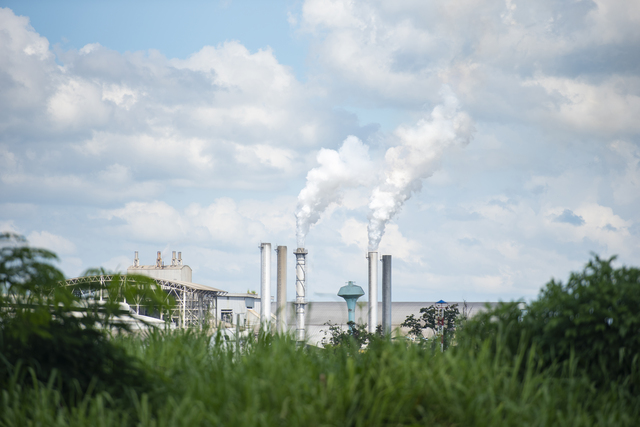Coconut shell-based activated carbon manufacturers in India are bracing for the impact of a steep tariff hike by the United States. President Donald Trump has imposed a 26 per cent import duty, a significant increase from the current 4 per cent. This change could significantly reduce demand for Indian products in the US market.
Competitors Gain an Edge
The higher tariff places Indian exporters at a disadvantage compared to competitors like the Philippines and Malaysia, which face lower duties of 17 per cent and 24 per cent respectively.“US buyers now have the option to source from countries with more favourable tariff rates,” said Joshy Joseph, Director of INDCARB, a Palakkad-based activated carbon manufacturer and exporter.
Rising Input Costs Add to Woes
Indian manufacturers are already battling surging raw material costs. The price of coconut shell charcoal has more than doubled – from ₹28,000 per tonne last year to ₹70,000 now. “These cost pressures are threatening the viability of many units,” Joseph added.
Cheaper Chinese Coal May Replace Shell-Based Carbon
The costlier Indian product may push US buyers, particularly in the water treatment industry, to switch to coal-based activated carbon. Coal is currently available at lower prices from China, which is dealing with a slump in demand from its metal and steel sectors.
Some Relief in Regional Tariff Structure
Despite the challenges, the tariff hike does offer a silver lining. Competing countries like Thailand (36 per cent), Indonesia (32 per cent), and Sri Lanka (44 per cent) face even higher duties. This offers Indian exporters a slight competitive cushion in certain segments.
Short-Term Impact May Be Limited
Joseph believes the immediate impact will be muted. Many Indian production units are either shutting down or operating below capacity due to raw material shortages. “Once availability improves, US buyers may still pivot to coal carbon due to cost considerations,” he noted.
Falling Demand from Gold Mining Sector a Concern
Adding to the uncertainty, Joseph pointed out that declining demand for activated carbon from gold mining operations could further strain Indian exports. As reported by thehindubusinessline.com, activated carbon accounted for ₹2,108 crore of India’s total coconut product exports in 2023-24.

































